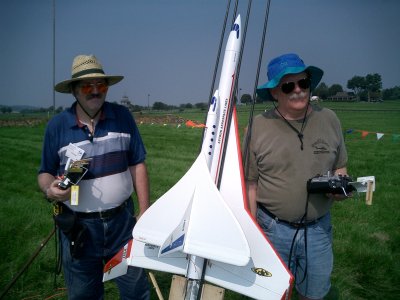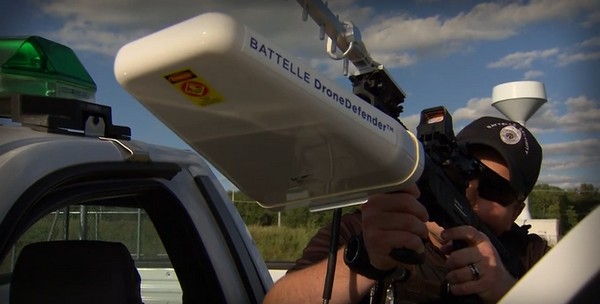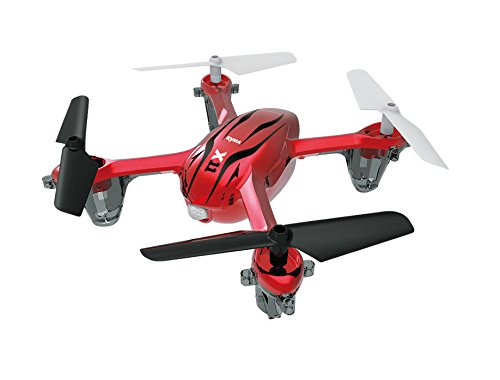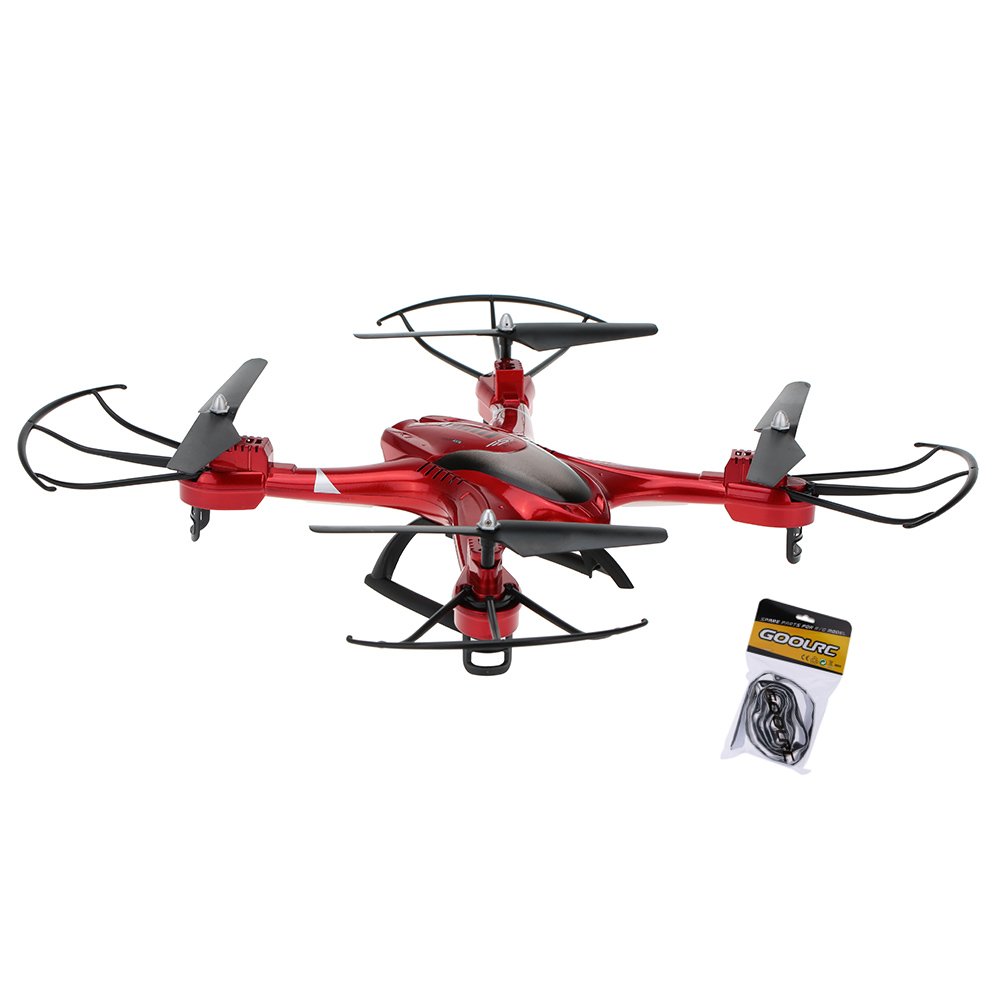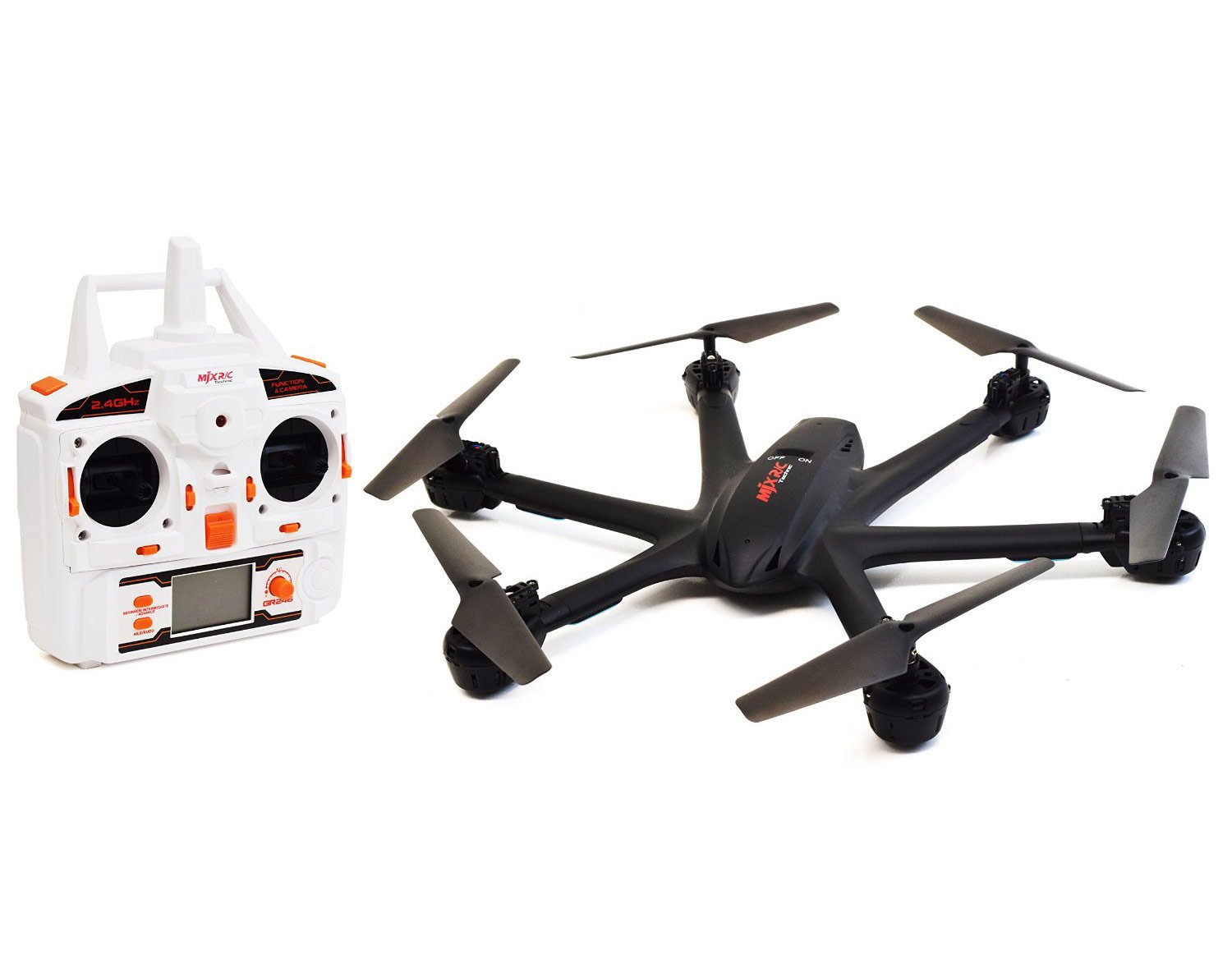Fortunately, off the shelf systems don't exist that would allow our rockets to be used as remotely operated, visually guided weapons. With R/C aircraft FPV video systems, they do. That's why they came up with this:
https://securityaffairs.co/wordpress/41138/security/dronedefender-electromagnetic-gun.html
Strangely, any mention of that device has been removed from the Battelle site. All links to info about it there are dead. Plenty of media coverage about it elsewhere, though.
Of course, requiring the registration of every R/C pilot who flies
any R/C aircraft, not just what most people think of as "drones," weighing over 250g, even if it's just in his back yard, into a federal database will be as ineffective in preventing the misuse of R/C aircraft as registering every gun owner in the U.S. would be in preventing gun crime, but it serves to shield their bureaucratic asses from a political beating if such a device is ever used to do very bad things.
Why the U.S. Government is Terrified of Hobbyist Drones
https://www.wired.com/2015/02/white-house-drone/
Domestic 'Drones' Are the Latest Object of Threat Inflation
https://www.forbes.com/sites/seanla...es-are-the-latest-object-of-threat-inflation/
The next attack: “An explosive-stuffed model airplane guided by GPS”
https://www.salon.com/2014/01/12/the_next_attack_an_explosive_stuffed_model_airplane_guided_by_gps/
EDIT: more on the real reason behind this move:
From the FAA a year ago:
https://www.faa.gov/uas/legislative...uthorizations/media/copelandred-llc-12103.pdf
"3. FPV shall only be used through a monitor. The use of FPV goggles is not authorized."
Hmmmm. WHY are video goggles specifically banned (and ONLY in the U.S., no other country has banned them... yet), even when a spotter assist to the pilot wearing them is used as the AMA requires? Simple, I think, because it is BY FAR the most accurate way to fly (aka GUIDE) an FPV aircraft.
From the FAA this month:
https://www.faa.gov/uas/registration/faqs/
"Q11. Do I have to register a paper airplane, or a toy balloon or Frisbee?
A. No. Even if these things could be considered "drones" or "unmanned aircraft" and met the minimum weight threshold of 250 gm/0.55 lb., the registration rules also require that they be a part of an "unmanned aircraft system." An "unmanned aircraft system" includes the communication links and components that control the small unmanned aircraft along with all of the other elements needed to safely operate the drone. Paper airplanes, toy balloons, Frisbees, and similar items are not connected to such control system."
This means that even POWERED free flight (unguided) hobby aircraft over 250g don't require the pilot to register himself. So, a 2000g powered free flight aircraft is somehow less dangerous to manned aircraft or the public than a 251g REMOTELY CONTROLLED aircraft? Once again, hmmmm... Why the focus exclusively on REMOTE CONTROL?
--------------
Here are the best rated and best price/performance "drones" right now that won't label you as a potential "turrist" as GWB would have called them and won't require you to register yourself with the feds. Too late to get them by Christmas though:
Syma X11 R/C Quadcopter (indoor/outdoor quad - good beginner craft) - $19.80 shipped
https://www.amazon.com/dp/B00L4OLA7I/?tag=skimlinks_replacement-20
SJ X300-2 (outdoor quad - good beginner craft in beginner mode) - $35.31 shipped
https://www.amazon.com/gp/product/B01825Y8ES/?tag=skimlinks_replacement-20
MJX X600 X-SERIES (outdoor hex) - $54.48 shipped
https://www.amazon.com/gp/product/B01040LVLM/?tag=skimlinks_replacement-20





